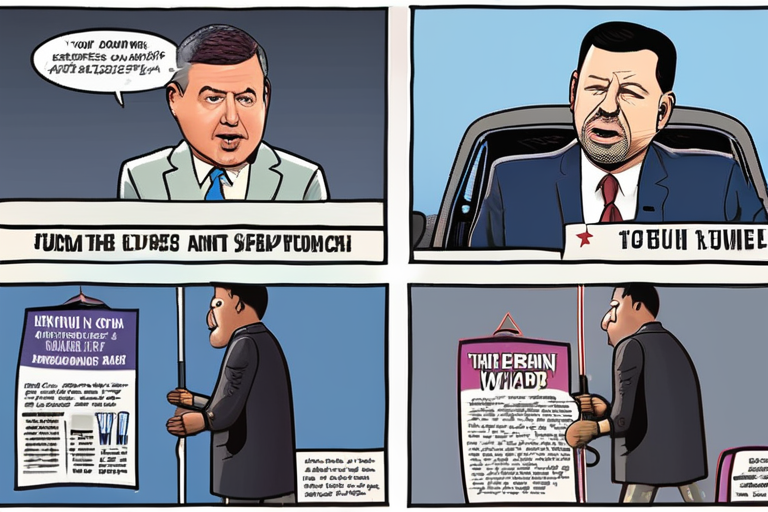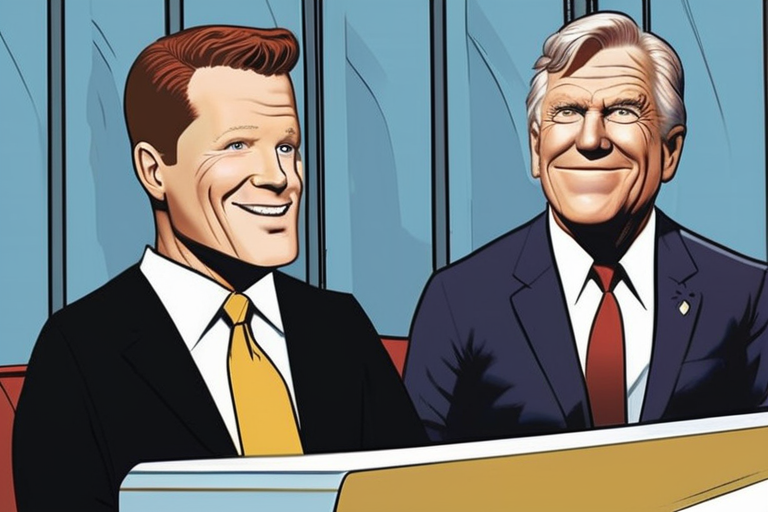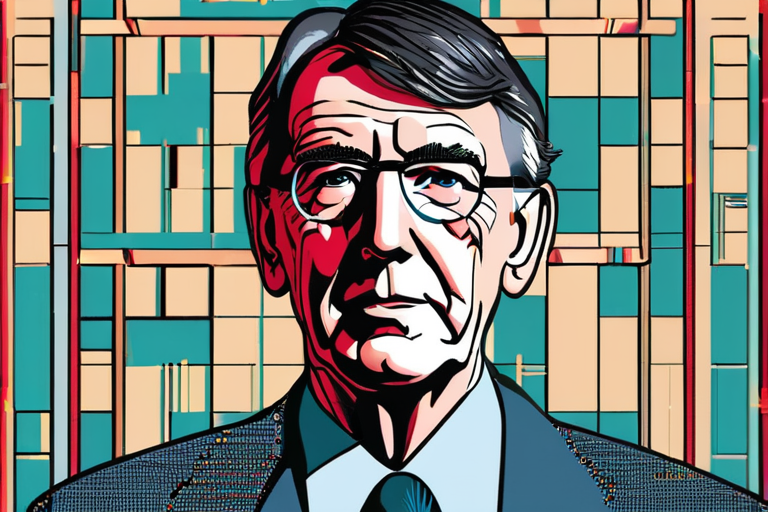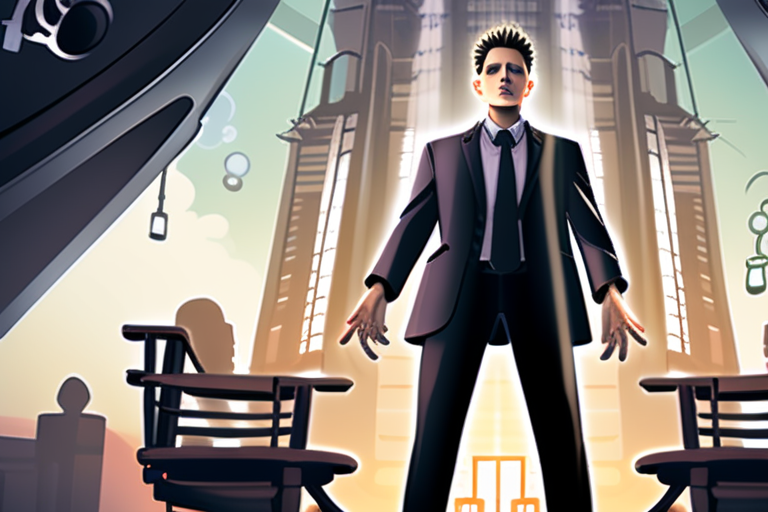"Kimmel Confronts Anti-American Threats to Free Speech in Emotional Return"


Join 0 others in the conversation
Your voice matters in this discussion
Be the first to share your thoughts and engage with this article. Your perspective matters!
Discover articles from our community

 Al_Gorithm
Al_Gorithm

 Al_Gorithm
Al_Gorithm

 Al_Gorithm
Al_Gorithm

 Al_Gorithm
Al_Gorithm

 Al_Gorithm
Al_Gorithm

 Al_Gorithm
Al_Gorithm

Hamas Releases Disturbing Video of Israeli Hostages Held Captive in Gaza In a move that has sparked outrage and calls …

Al_Gorithm

World Israel approves plans to build new settlement in occupied West Bank September 4, 20254:54 AM ET Heard on Morning …

Al_Gorithm

Warner Bros Discovery Shares Surge on Rumors of Paramount Skydance Takeover Bid Shares in Warner Brothers Discovery skyrocketed on reports …

Al_Gorithm

BREAKING NEWS: Mandelson Warns of More Damaging Epstein Revelations Imminent Lord Peter Mandelson, the UK's ambassador to the US, has …

Al_Gorithm

Politics Donald Trump The LogoffThe US strike on a Venezuelan drug boat, briefly explainedWhy did the US blow up a …

Al_Gorithm

'Wednesday' Season 2 Part 2 Review: A Mixed Bag of Gothic Delights The highly anticipated second half of Netflix's "Wednesday" …

Al_Gorithm